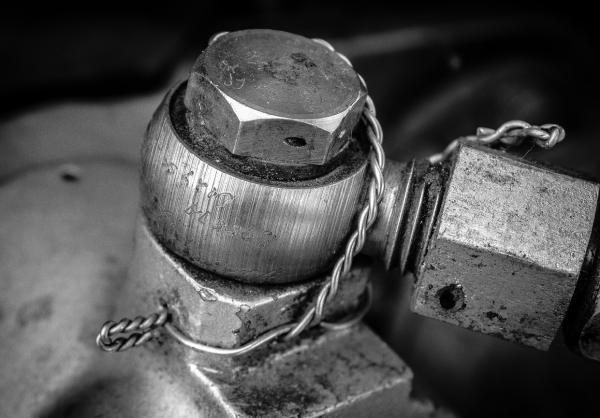1、Can line scan lenses be used as camera lenses?
Line scan lenses are usually not suitable for direct use as camera lenses. For general photography and video needs, you still need to choose a dedicated camera lens.
Camera lenses usually need to have a wide range of optical performance and adaptability to suit the needs of capturing various types of images in different scenarios. The design and function of line scan lenses are mainly used in professional fields such as industrial inspection, machine vision and image processing, and are not used for general photography or videography applications.
Next, let’s look at the main differences between camera lenses and line scan lenses:
Focal Length and Depth of Field
Camera lenses usually have a shorter focal length and a larger depth of field, which are suitable for capturing images in various scenarios, including objects, people, landscapes, etc.; line scan lenses are usually designed with a specific focal length and working distance for specific industrial inspection applications.
Landscape shooting
Image quality
Camera lenses are usually designed for high-definition photography, with high imaging quality and color reproduction capabilities; line scan lenses focus more on high resolution, low distortion and fast imaging, mainly meeting the needs of industrial inspection and image processing.
Aperture adjustment
Camera lenses usually have an adjustable aperture to control the amount of light entering and the depth of field; line scan lenses usually do not require aperture adjustment because their application scenarios usually require fixed lighting conditions and focal depth.
Special features
Camera lenses may need to have special functions such as anti-shake, fast focus, waterproof and dustproof to adapt to various shooting environments and shooting requirements; line scan lenses usually do not require these special functions, and their design will be more focused on specific industrial application scenarios.
2、What is the imaging effect of line scan lens?
The imaging effect of the line scan lens is related to its design parameters, lens quality, and imaging sensor, and may be affected by the following factors:
In terms of imaging quality
The imaging quality of a line scan lens is mainly affected by the optical design and material quality of the lens. A high-quality line scan lens can provide clear, sharp, distortion-free images and accurately reproduce the details of the subject. In comparison, a low-quality lens may have problems such as aberration and distortion, which will reduce the imaging quality.
Shooting details
In terms of resolution
Line scan lenses usually have higher resolutions and can capture images with rich details. Lenses with higher resolutions can provide finer images and are suitable for applications that require small objects or high-precision measurements; lenses with lower resolutions may capture blurry images and lose some details.
In terms of noise and dynamic range
The noise and dynamic range of a line scan lens directly affect the quality of the image. A high-quality line scan lens can provide low-noise images with a large dynamic range, retaining details in both highlight and shadow areas, ensuring the accuracy and authenticity of the image.
In terms of clarity
The imaging clarity of a line scan lens is related to factors such as the focal length of the lens, the adaptable object distance, and the movement speed of the object. By adjusting the focal length and object distance of the lens, clear imaging of objects at different distances can be achieved. In addition, for fast-moving objects, the line scan lens needs to have a fast response characteristic to avoid motion blur.
In terms of color reproduction
The color reproduction ability of line scan lenses is very important for some applications, such as printing industry, medical imaging, etc. A high-quality line scan lens can accurately restore the color and color details of the object being photographed.
Final Thoughts:
If you are interested in purchasing various types of lenses for surveillance, scanning, drones, smart home, or any other use, we have what you need. Contact us today to learn more about our lenses and other accessories.
Post time: Oct-22-2024





